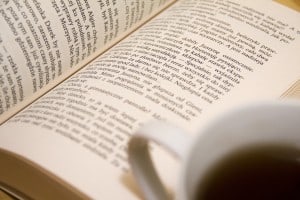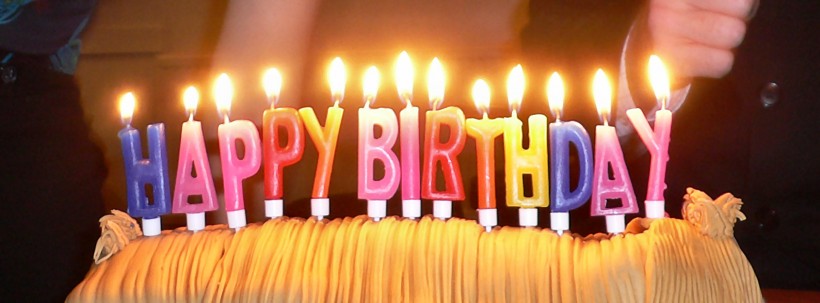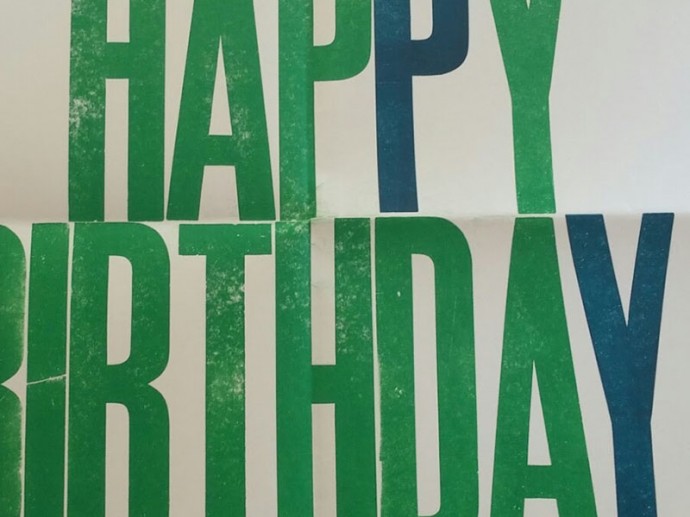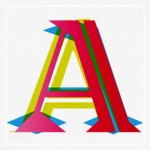Our baby just turned two…and in this short pace of time, it managed to attract a constantly growing readership. Ok, let’s be frank: we suck with stats and Google Analytics! That’s a fact! But we eventually managed to identify our top 20 most read posts. How best to celebrate this second year of adventures than by sharing the jewels of Allie’s archives with you?
So here are the posts which, according to Google Analytics, attracted your attention the most, dear readers:
- Yes You Can : Being a Mother and an Academic. Carole McGranahan. May 11, 2015
- Interview : Tim Ingold on the Future of Academic Publishing. Antonio De Lauri. July 1, 2015.
- « Think Like an Anthropologist » : An Interview with Laura Nader. Antonio de Lauri. December 18, 2013.
- Bourgeois Knowledge. Antonio de Lauri. April 7, 2015
- What does humanity look like ? Ethnography of the CIA with Carole McGranahan. Miia Halme-Tuomisaari. June 19, 2015
- After elections : Hope #Afghan Elections 2014. Antonio de Lauri. September 12, 2014
- Why Povinelli’s Talk at the EASA 2014 was a failure ? Sylvain Piron. August 19, 2014.
- Public Engagement vs Ontological Turn. Isaac Morrison. January 24, 2014
- Flatulanthropology. Gavin Weston and Jon Mitchell. May 25, 2014
- European Savages at the AAA 2013. Miia Halme Tuomisaari and Julie Billaud
- The neoliberal race to the bottom affects us all ! Mariya Ivancheva. April 8, 2015
- Persistent Point of First contact. Julie Billaud and Miia Halme-Tuomisaari. August 22, 2014
- Snapshots of British Islam : Halal Dating in London. Julie Billaud. December 9, 2013
- Anthropological Job Hunting and Gathering. Isaac Morrison. March 5, 2014
- Bears and the Russian Body Politic. Judith Beyer. April 22, 2015.
- « I Love Polyandry, yo ! » Tibetan refugee Citizenship and the Politics of Culture. Carole McGranahan. October 27, 2014.
- The Archaelogical Study of Children. Jane Eva Baxter. May 12, 2015.
- From Maya Enthusiast to Occupy Activist : Allegra Meets David Graeber. Allegra. June 13, 2014
- Going Native at Home. Charis Boke. June 17, 2015
- Which Constitution ? What order ? Constitutional Politics in Ukraine. Judith Beyer. April 14, 2015.
We asked our Allies to pick up the post they prefer and explain why in a short paragraph. Some chose one in our top 20, others picked one outside of the list. And here is what they said:
Judith Beyer picked up Alice Elliot’s recent post on the European crisis as seen from the other shore of the Mediterranean sea
Alice Elliot’s post on ‘Crisis on the other shore’ offers a rare glimpse into social relations between those who have stayed behind in Morocco (‘inside’) and those who have made the strenous journey to Europe (‘outside’). Evocatively and engagingly written, Elliot attends to the socio-linguistic nuances of how ‘crisis’ is locally understood. What surprised me was the sending of basic food products by Moroccans to their family members living “outside” in Italy where buying food has become so expensive that even pasta is no longer affordable.
Gavin Weston chose Carole McGranahan’s blog post on being a mother and an academic:
This is my favourite Allegra post (so far) because it addresses a topic that so many of us discuss as academics, but generally behind closed doors. We live in a world where anthropology students complained about their lecturer breastfeeding in class (Adrienne Pine – mentioned in the post). To foster the greater institutional work/life flexibility that would make academic parenthood easier we need to have these conversations out in the open and students need to be included.
Carole’s post is also Fiona Murphy‘s favorite :
The reason why I choose this particular post is that it highlights the challenges faced by mothers in academia in a sensitive and enlightening way. I feel this post is particularly timely given that in the neoliberal university it is often women and indeed, mothers who most likely to end up in adjunct or temporary positions. The post is both illuminating and inspiring.
Felix Girke selected Allie’s post on “European Savages at the AAA”
While not perfect as a text, and the two authors would probably write it rather differently today, this is (for me) Peak Allegra: speaking truth to pompousness. This impressionistic rendering of the rationalized-technocratic-neoliberal conference environment by some self-styled savages from the old old OLD world just works well as a collage combining fragments of description, introspection, analysis, and (of course!) provocation.
Toby Kelly chose a post written by Rubina Jasani and Atreye Sen comparing episodes of violence in Mumbai and Ahmedabad:

Photo courtesy of pexels.com.
An interesting exploration of the relationship between fear and aggression, victims and perpetrators, friend and foe in the context of ongoing communal violence.
Joshua Clark picked up Heath Cabot’s post on the Greek crisis
I really enjoyed Heath Cabot’s piece showing that the everyday sociality of dealing with “crisis” in Greece is less rupture than continuity. The essay read like a “dispatch from the field,” but one that offers a nuanced, of-the-moment counter-story about resilience and solidarity in contrast to sensationalist, often judgmental corporate media accounts. And wow, I didn’t have to wait 6 years for such an analysis to appear in a peer-reviewed journal!
Nirmala Jayaraman chose Judith Beyer’s post on “Bears and the Russian Body Politic”
Cultural Anthropology has had its fair share of transformations and the discipline is at its best when applied to understanding key changes of public and private perceptions of current events. What I liked about the piece “Bears and the Russian Body Politic” were the observations made concerning a familiar historical image. The competing narratives behind what the “bear” represents will continue to interest us for as long as we have media.
Constanza Curro chose Mariya Ivancheva’s post entitled: “The neoliberal race to bottom affects us all!”
Mariya’s analysis reminds academics that our opportunities to develop and voice dissent against inequality, precariousness and exploitation, in the labour context and beyond, partly stem from our privileged and somehow detached position. However, such critical distance is nowadays no longer enough, and amid neoliberal policies undermining and denying all workers’ right, active solidarity is very much needed.
Rosie Gant also picked Carole’s post.
Flying in the face of what is still taken as conventional wisdom on the nigh on impossibility of combining motherhood with a successful career in academia, Carole McGranahan debunks the myth and offers encouragement to those considering doing just that. Despite the obstacles that still exist, McGranahan’s piece offers a welcome reassurance to those understandably apprehensive at the prospect. As such, Yes You Can is not only one of my favourite posts, but is no doubt a firm favourite with many Allies too.
And what about you, dear readers? What was your favorite post this year and why did this particular text appeal to you? Share your view with us in the comment section below and we’ll re-run your favorite posts in the weeks to come!

Picture by Ed g2s (CC BY-SA 3.0)




